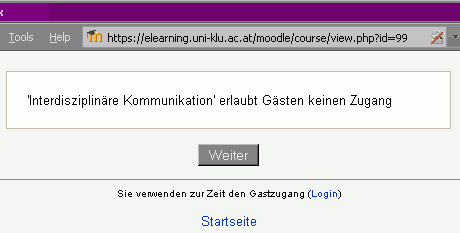Concluding my recent praise of Stefan Böschen’s Praise The Paradox I wrote
He was lucky nobody listened to him.
Here are 2 excerpts from the transcription of an audio recording of the conferences final discussion:
To begin with, Stefan fosters his praise of paradox by stating that part and counterpart complement each other. He explains that thinking of any thing means to distinguish the thing from what it is not, its opposite. He then underlines the importance of this concept with a short reference to life’s essential interplay of order and chaos.
The next speaker replies:
What I am still missing is consciousness.
And he continues to tell a story of the demise of corner shops, small groceries and merchants, and how we are all involved.
At a second occasion, Stefan Böschen reinforces his praise of the paradox. He refers to its ambivalence and its inevitability. Finally, he reminds us to be sensitive to unintended side-effects of decisiveness and unambiguity, and that this sensibility should be one of the objectives of any educational system.
The next speaker (by the way, not the same) replies:
This, simply, is not enough.
He says, he misses analysis and perspective. And he concludes with “this will lead us nowhere”, cuts himself, and continues to reply to someone else.

